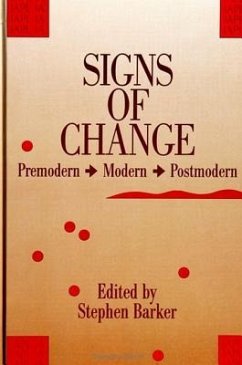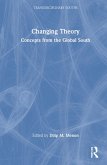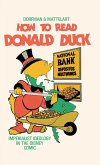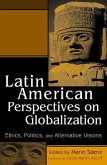This book examines the nature of change in history, philosophy, and culture. Precisely because the idea of change is so vast, the book's strategy is to exercise some control over it by organizing itself as a structured progression of theoretical, political, and ideological concerns whose focus is on change. Barker begins with the idea of history and historicity and proceeds through an investigation of the relationship of semiotics and hermeneutics to change, to topography and topology as functions of change, to sexuality and gender as political aspects of a hypothetical theory of change, and to the seemingly culminative issue of life and death themselves as functions of change. Finally, the book concludes with a "coda" concerning alterity both as concept and as lived and literary phenomenon ranging from the avant-garde's "drunkenness" to the alterity of the characters in Chinese poetry. Not only does the book not attempt to make categorical statements about the nature of change, but it delights in an open-ended discussion of the implications and reverberations of change throughout the world of human experience.








